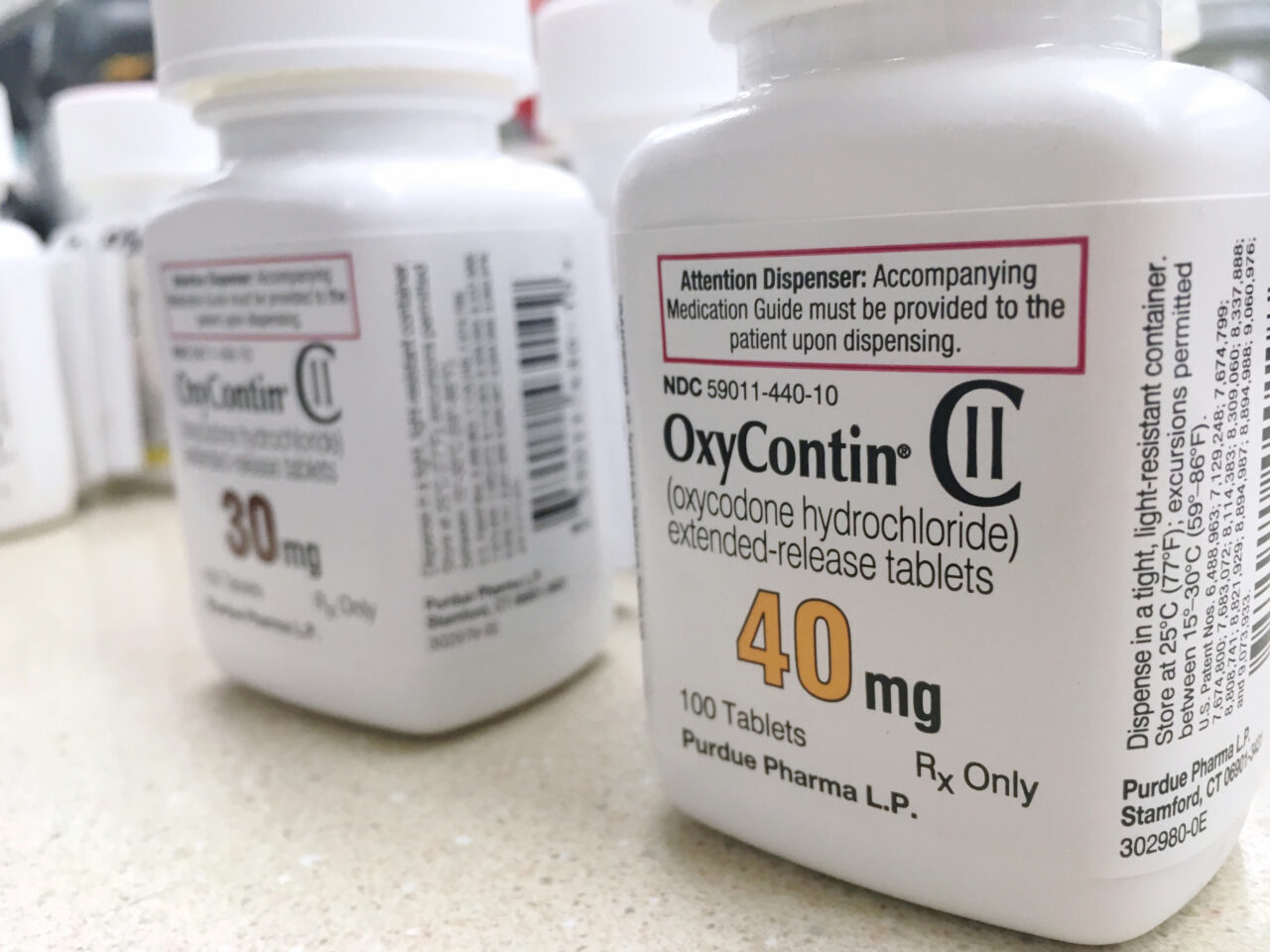Members of the Sackler family, the wealthy owners behind Purdue Pharma and OxyContin, have paid more than $19 million in donations to the National Academy of Sciences, Engineering and Medicine, a powerful body that advises on opioid policy in the United States. new york times.
of Times We have outlined a series of events that may present a conflict of interest. Dr. Raymond Sackler, his wife, Beverly, and the couple’s foundation began making significant donations to the Academy in 2008. accounting reportThey passed away in 2017 and 2019 respectively. Dame Jillian Sackler has also donated millions of dollars to the Academy since 2000. The Academy has invested funds to grow to over $31 million by the end of 2021.
The allegations continue: The Pain Care Forum, a group co-founded by then-Purdue lobbyist Bert Rosen, I was asked Laws introduced in 2007 and 2009, including plans ask for The Academy reports that it will “raise awareness of pain as a serious public health problem.”
If the allegations are true, they represent a serious conflict of interest. that’s why, Times Michael Lane von Kolff, a medical researcher working in the treatment of chronic pain, among other fields, asked for insight on this issue.
“I didn’t know they were receiving private money,” von Koef said. new york times“It seems insane to take money from a pharmaceutical company president to do a report related to opioids. It really shocks me.”
The Last Prisoner Project founder Steve DeAngelo Posted An Instagram report called the revelation “disgusting.” Medical cannabis is frequently used as an alternative to opioids in some situations.
Role of OxyContin in the Opioid Crisis
OxyContin was developed and patented in 1996 From Purdue Pharma LP, it was originally available in multiple doses, the US Department of Justice notes. The first thing I saw was OxyContin revolutionized medicinebut then the opioid epidemic spread.
According to the U.S. Department of Health and Human Services (HHS): Since 1999, more than 760,000 people have died from drug overdoses.In 2020, nearly 75% of drug overdose deaths were related to opioids. The Centers for Disease Control and Prevention reports that drug overdose deaths have “fivefold since 1999.”
According to a 2011 National Academy of Sciences, Engineering and Medicine report, 100 million Americans suffer from chronic pain.1/3 of the total US population— and it is often cited by government agencies, but now the numbers are disputed as ridiculous. Influenced the US Food and Drug Administration Approve at least one strong opioid, zohydro, which is sustained-release hydrocodone.
In 2016, just months after the National Academy raised $10 million in donations from the Sackler family, the FDA asked the agency to form a committee to develop new recommendations on opioids. However, the Academy was accused of faulty ties with opioid makers, including Purdue Pharma.
The National Academy of Sciences, Engineering and Medicine was created by Abraham Lincoln, and US law is shaped by the data it publishes. However, in the past few decades, the Academy has been used to fight America’s opioid crisis.
Opioid crises are complex, and it can be difficult to distinguish between addicts and those with really intense pain. However, overdose deaths outnumber war and disease deaths and cannot be ignored. In 2017, HHS addressed the opioid crisis. public health emergency.
There is another side to the story as well. Megan Lowry of the National Academy said: new york times Sackler’s donation “has never been used to support advising efforts on opioid use or efforts to combat the opioid crisis,” and Sackler’s donation cannot be returned due to legal restrictions. .





